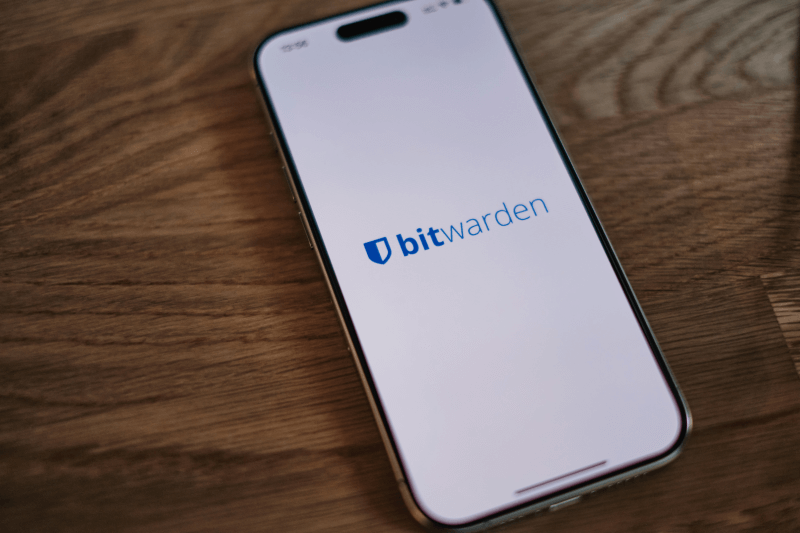In an era where technology advances at breakneck speed, so do the sinister tactics employed by cybercriminals. One such evolving threat gaining alarming momentum is callback phishing. As we turn attention toward 2024, understanding and safeguarding against this deceptive ploy is of paramount importance.
Unveiling Callback Phishing
Callback phishing is a sophisticated scam relying on a multi-stage process, exploiting trust to manipulate victims into divulging sensitive information or performing actions harmful to themselves or their organizations.
The modus operandi is intricate: attackers initially establish a pretext of legitimacy. They might send an initial email or text, impersonating a trusted entity—a bank, a service provider, or even a colleague. This message doesn't contain malicious links or requests directly. Instead, it instructs recipients to expect a callback or follow-up communication for any number of reasons or to contact a support team via a provided phone number.
When the victim anticipates this callback or receives instruction to contact support, they unknowingly let their guard down. The cybercriminal, posing as the supposed callback representative, contacts them or awaits their contact. Through this conversation, cybercriminals extract confidential data or manipulate victims into performing compromising security actions.
Safeguarding Strategies
Fortifying yourself against callback phishing demands vigilance and awareness. Here are three key strategies to bolster your defenses:
Verify Authenticity: Never assume legitimacy based solely on a callback or provided contact number. Independently verify identity. Use official contact details from the company's website or trusted sources to cross-reference and authenticate.
🔍 When in doubt, verify through trusted channels before divulging any sensitive information.
Mindful Communication: Be cautious about what information you share over the phone or via email. Refrain from disclosing sensitive data unless you're certain about the legitimacy of the caller. Legitimate organizations rarely ask for passwords or personal information unsolicited.
💬 When in doubt, err on the side of caution. It's better to confirm legitimacy than risk compromising data.
Security Awareness Training: Organizations and individuals alike benefit from ongoing cybersecurity education. Regularly train employees on recognizing phishing attempts, including callback schemes. Create a culture of skepticism and verification and general cyber awareness.
🛡️ Education is key—empower yourself and your team to spot and thwart phishing attempts.
The Bottom Line
As 2023 draws to a close, callback phishing persists as a silent, potent threat in the cybersecurity landscape. Its subtlety and reliance on trust make it a formidable adversary. However, armed with awareness programs and proactive training measures, individuals and organizations can fortify their defenses against this evolving menace.
Stay vigilant, verify communications diligently, and foster a culture of cybersecurity learning. Together, we can thwart callback phishing and safeguard our digital security.


